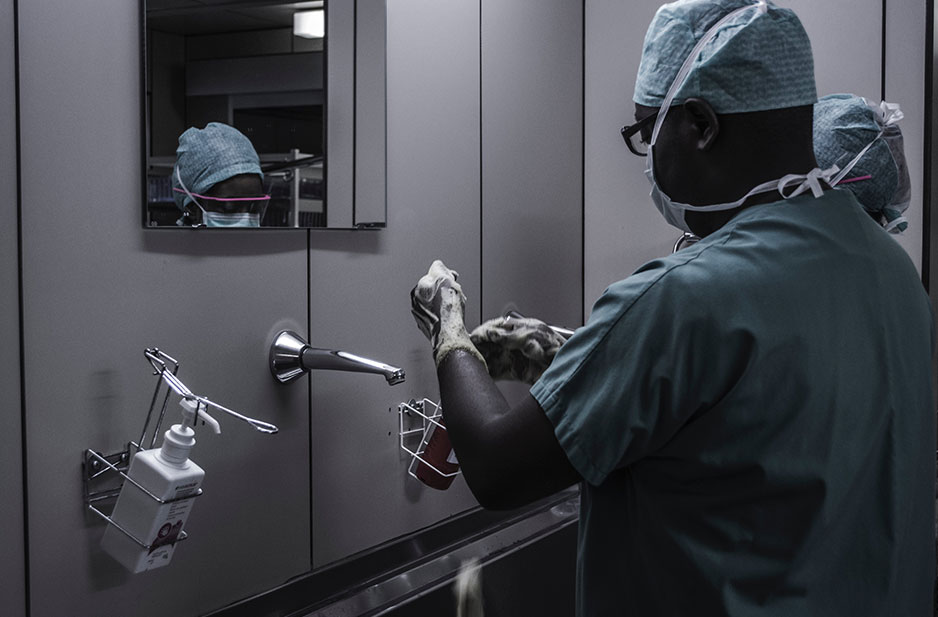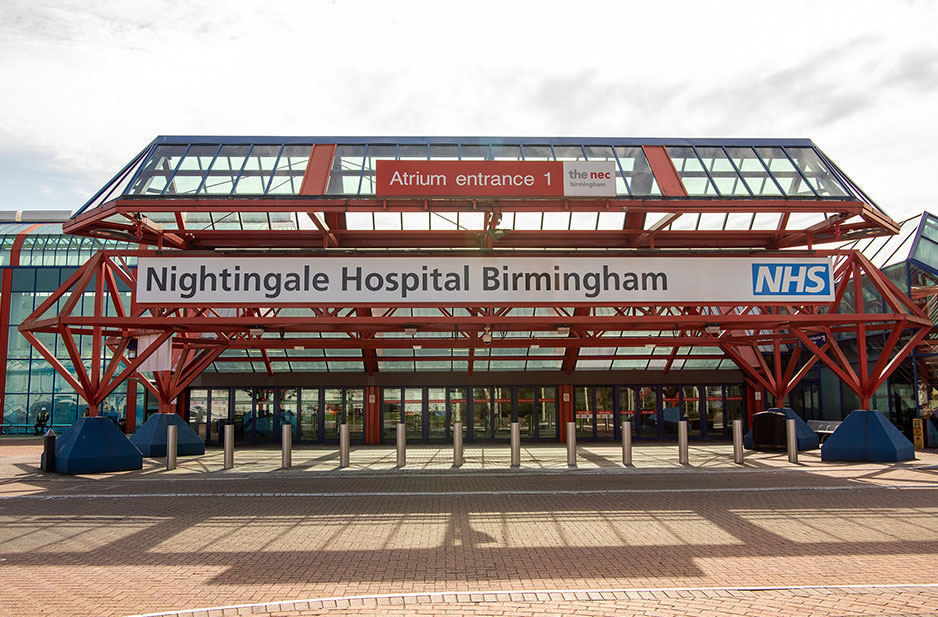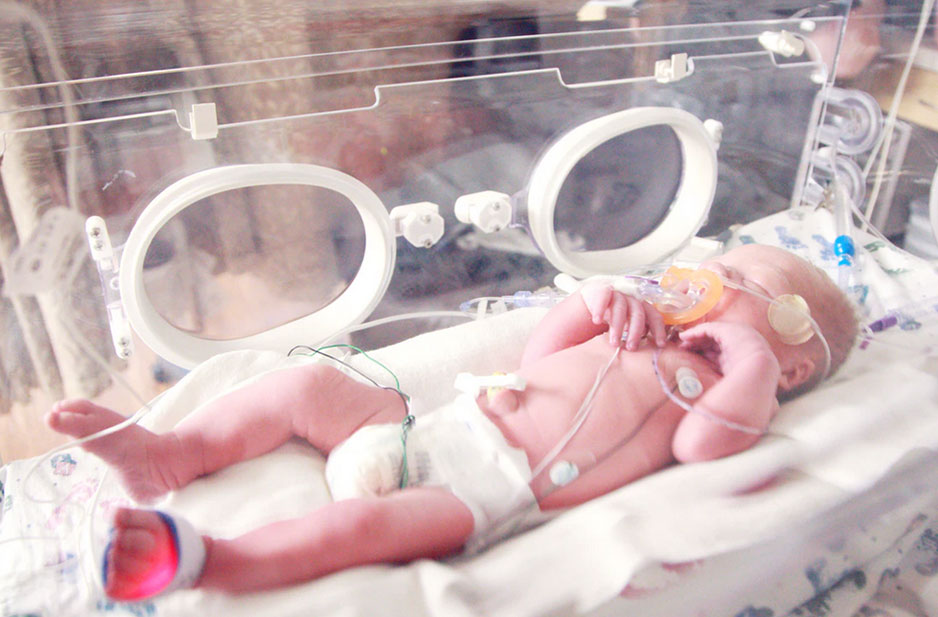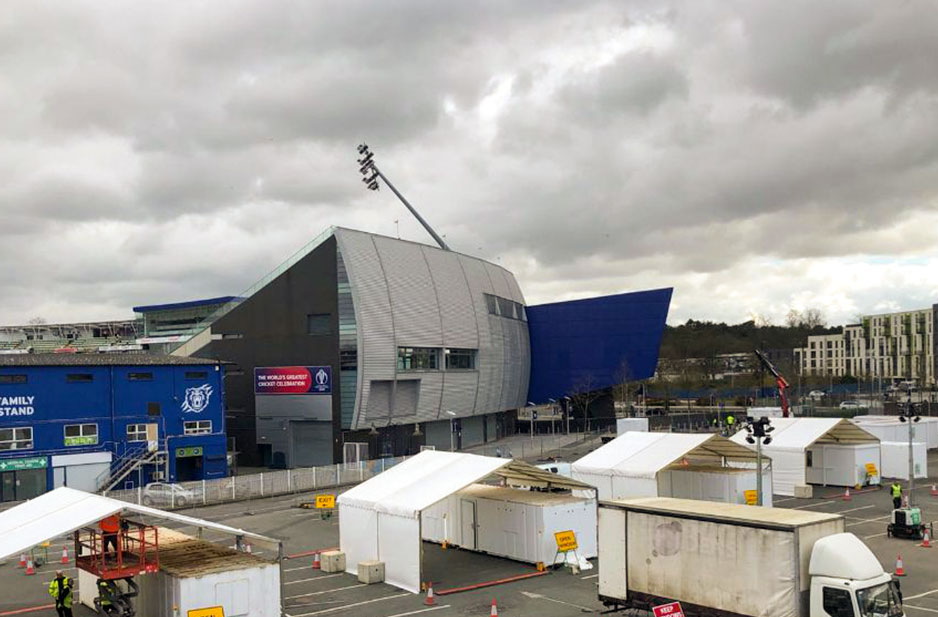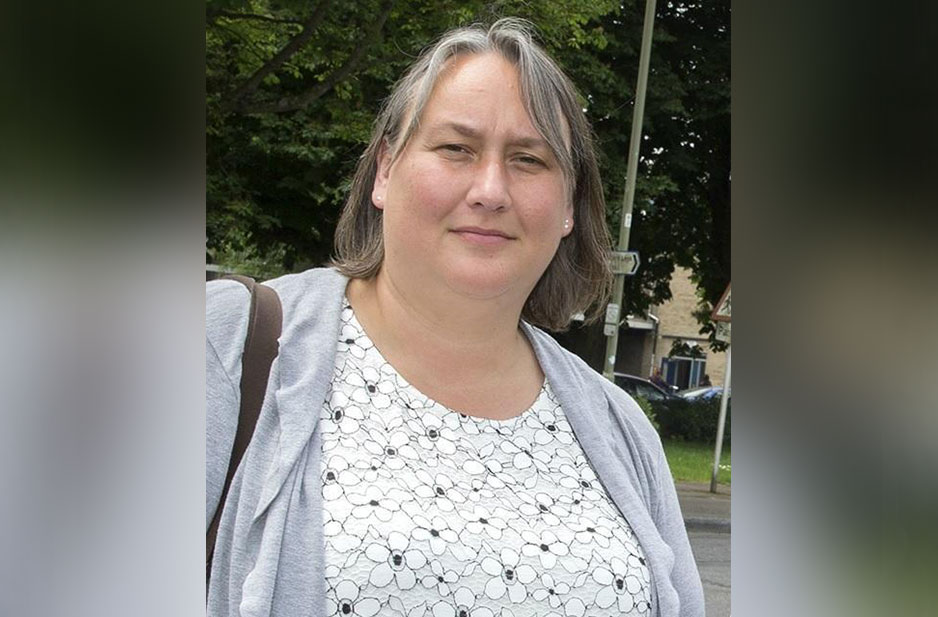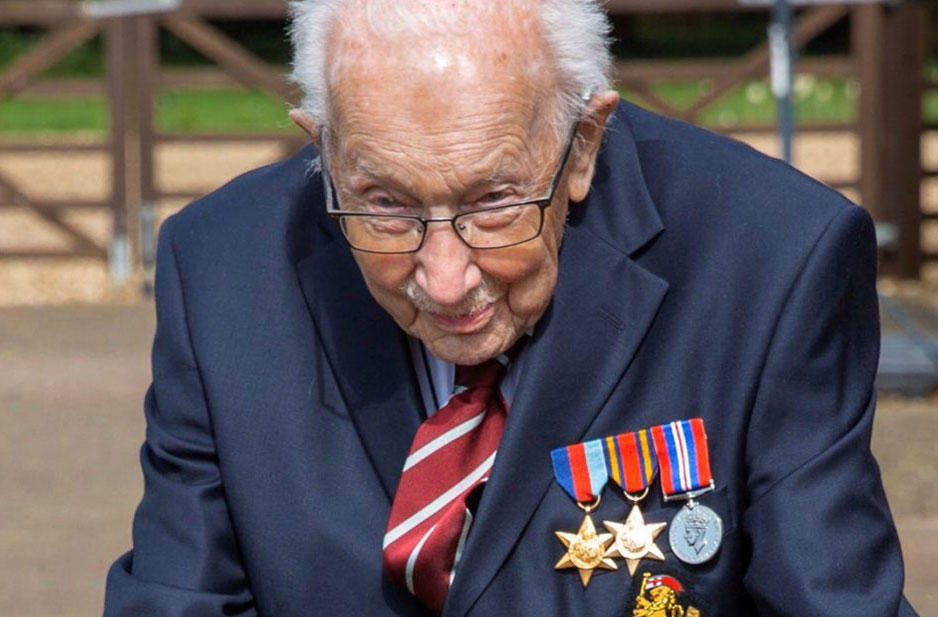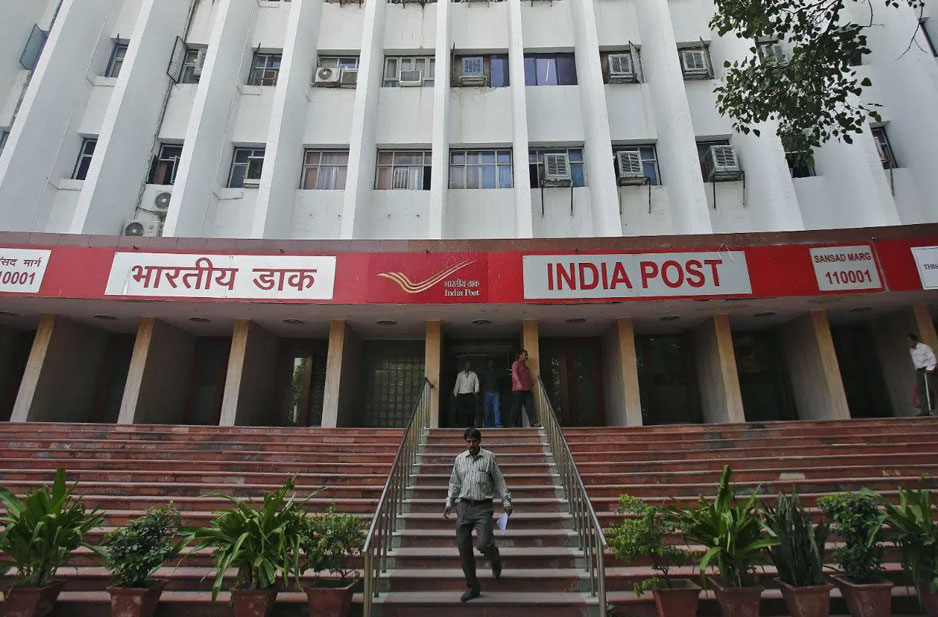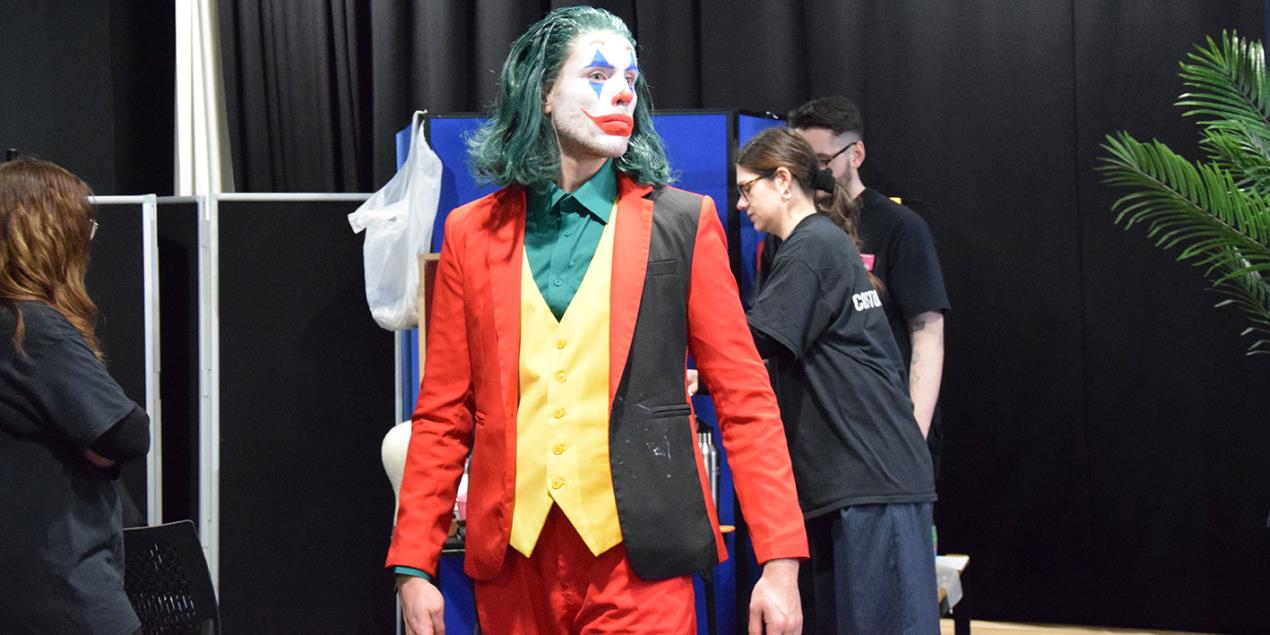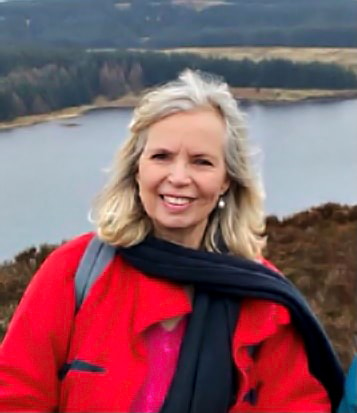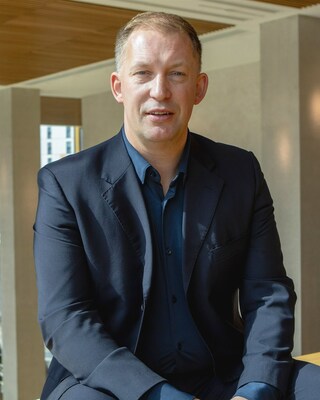Directive to find why BAME account for 70% of NHS and Care staff Covid-19 deaths
With nearly three quarters of the coronavirus deaths by staff employed in the NHS and social care sectors coming from a BAME (Black, Asian and Minority Ethnic) background, public data has also revealed that 19% of patients to die in England are from an ethnic or mixed-heritage background.
Dr Habib Naqvior, the NHS Director for Workforce Race & Equality, said: “With the fact that a high percentage of staff dying from this pandemic coming from a Black and Ethnic background is proving very worrying for us.
“This is proving to be very challenging for us but we very much need to rise to the challenge.
“What we need to do is look at what we can do by way of putting the right things in place right now to support our staff”.
Shadow Equalities Secretary, Marsha de Cordova, has called for the government to “urgently investigate why people from a BAME background are far more vulnerable to the virus”.
This follows the chair of the BMA (British Medical Association), Dr Chaand Nagpaul CBE, saying the first ten doctors named as having died from Covid-19 were all from BAME communities.
He called it “hugely disturbing and extremely worrying”.
The Chief Medical Officer in England, Chris Whitty, said that it is critical that we find out which ethnic groups are most at risk.
“It remains unclear why some ethnic groups appear to be more vulnerable”, he said.
“I have had discussions with leading scientists on this matter by way of teasing this apart”.




